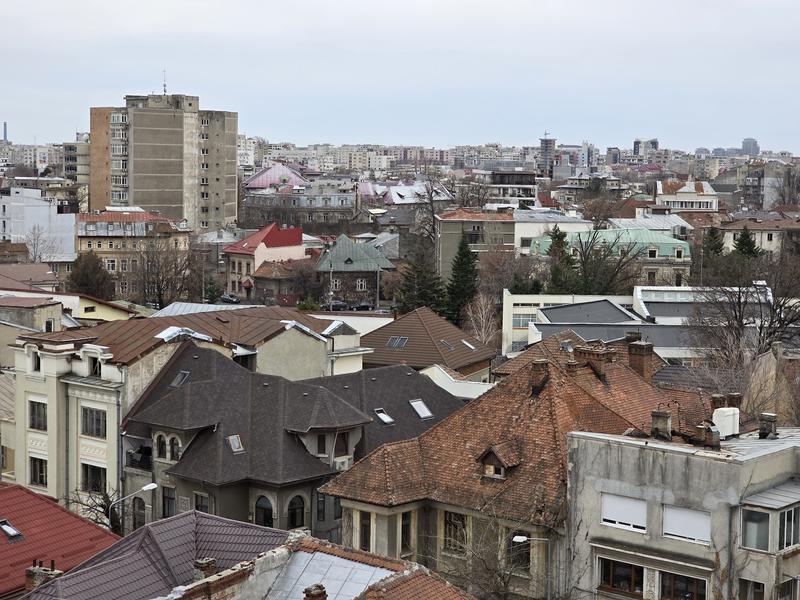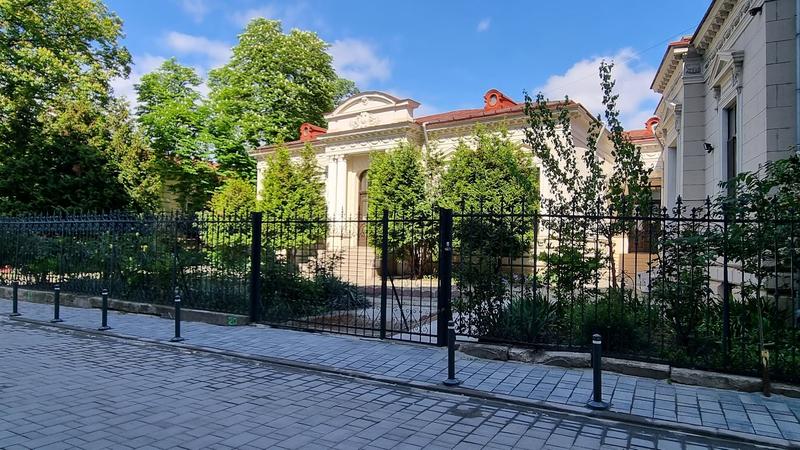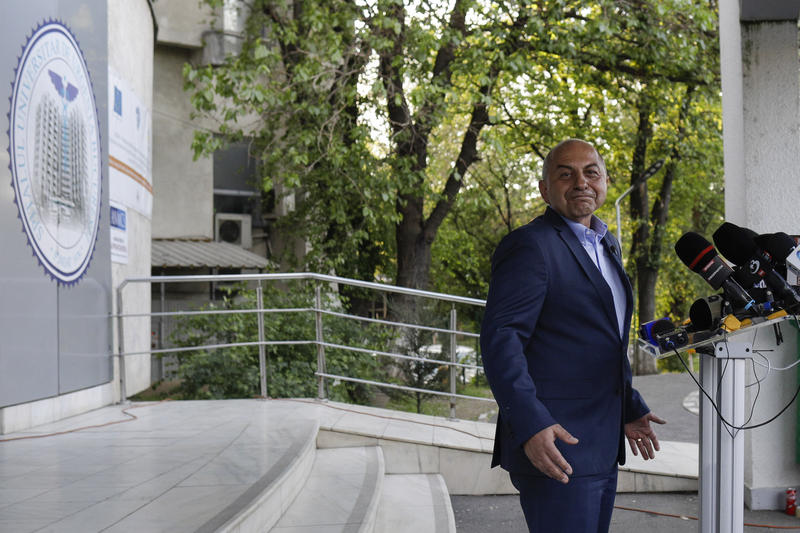Hotnews.ro: How do you asses the Romanian telecommunication market?
Viviane Reding, EU Telecoms Commissioner: With 21.6 million inhabitants, 2000 telecoms operators in 2007 and an annual turnover of almost €3.8 billion, Romania is a potentially important market in the European Union. The presence of a high number of alternative operators such as OTE, RCS&RDS, UPC, Vodafone or Orange, has improved the competitiveness in the sector. Positive is in particular the rapidly growing mobile penetration rate.
However, Romania still has one of the lowest fixed line and broadband penetration rates in the EU27. It is here, where the competent national authorities, together with the European Commission, have to do further work to improve the conditions of effective competition. Despite the relatively developed regulatory framework in Romania, difficulties remain to ensure the full benefits of liberalisation in the practical implementation of the common EU rules. Romania still faces problems in terms of access of new entrants to the existing infrastructures via wholesale products (local loop unbundling, bitstream access or carrier-selection/preselection). This impedes new telecoms operators to compete with the already existing network operators. The inexistence of number portability, the non-availability of caller location information for 112 emergency calls or the lack of a broadband strategy are also amongst the difficulties Romania will have to resolve. I am of course always available for a close dialogue with the Romanian government and the Romanian telecoms regulator to give EU support, where possible.
Hotnews.ro: The European Commission has warned Romanian - either by an infringement procedure or not - about some disfunctionalities regarding the 112 service and the National Telecomm Regulator Authority (ANRCTI). Have the measures and answers given to the Commission by Romanian authorities been satisfactory?
Viviane Reding, EU Telecoms Commissioner: We are closely scrutinising the implementation of the European emergency call number in all Member States, including Romania. A fully functional 112 emergency call is of the outmost importance for the safety of all European citizens; this safety is the other side of the coin of the freedoms of the single market, namely to travel and to do business across borders in Europe. Under the EU Telecoms rules, operators must make available caller location information to the emergency authorities. However, as the caller location information is not available yet for calls made from mobile networks in Romania, the European Commission sent a letter of formal notice to Romania last November. The Commission services have recently been informed of the measures taken or planned by the Romanian authorities in this respect. I welcome the new action plan approved by the Romanian Government in January, as a positive step forward. This good intention will help ensuring the availability of caller location information for mobile calls in the country. The European Commission however now expects concrete results in due time, and my services are in close contact with the Romanian authorities to monitor the progress made.
Hotnews.ro: Which is EC's assessment over ANRCTI, it is an independent authority, as the EC requires, knowing that the Romanian president had sent the bill back to the Parliament because of unconstitutional reasons?
Viviane Reding: I also remain concerned about the changes to the ANRCTI's legal status and their effects on its independence, as the ANRCTI's statutory act is now debated by the Romanian Parliament. I strongly believe that the independence of national telecom regulators is a key feature of good, effective and fair regulation, and the best instrument for ensuring effective competition and concrete consumer benefits. The independence of national telecom regulators is therefore a political and legal priority on my agenda. The Commission has opened a constructive dialogue with the Romanian authorities on this matter and I hope that the country will soon address the Commission's concerns
I will personally visit Romania in mid-March to discuss with the competent Romanian ministers and with the Romanian regulator the status of compliance with EU law both as regards 112 and as regards the independence of ANRCTI.
Hotnews.ro: You've urged the mobile operators to reduce the data roaming tariffs until July 1st, otherwise EC will regulate this market also. Which are the maximum and minimum tariffs EC intends to set for the data roaming, chi would make European feel at home wherever they are? Do you want to have some limits (up and down) as you did on voice roaming?
Viviane Reding: For me, it is unacceptable that mobile operators make 3 to 20 times more profits on roaming customers than on their domestic customers. We therefore need to work towards a single, competitive European market for data communication services where business travellers can download files outside their home country without receiving "shock bills" of hundreds of Euro. The average price for downloading 1 Megabyte via a mobile phone while abroad is 5.24 Euro and it even reaches up to 11 Euro in Poland and Luxembourg. This means that a consumer would pay on average 15 Euro for downloading a song when roaming, 10 Euro for downloading a power point presentation or 1 to 2 Euro for downloading a single newspaper article. Compared to domestic tariffs, this is more than unfair.
Even more disturbing is the consumer price for sending text messages (SMS), which is on average 29 Eurocent per SMS in Europe, which is up to 6 times higher than domestically. In Spain, consumers even have to pay more than 50 Eurocent per SMS. As text messages are today a commodity that everybody uses, and as there is only very low associated marginal cost to the operator for sending an SMS, the EU will not tolerate this discrepancy much longer.
This is why I have urged last week at a meeting in Barcelona mobile operators to substantially reduce prices for data roaming by this summer. I have asked them especially for substantially lower SMS charges for consumers, as well as for bringing down the inter-operator charges, which still account for a substantial part of the excessive data roaming prices.
Hotnews.ro: But still, if the operators will not comply?
Viviane Reding: I hope that this time, and in contrast to the experience made with voice roaming, the industry shows that it is well able to respond to consumer concerns and that it is, after all, a competitive industry. If the mobile operators however do not act voluntarily, the European Commission will have to intervene again. To be prepared, I have instructed my services to work on a text for a regulation that could be proposed still this summer.
Hotnews.ro: You underlined that interconnection rates should be brought down more aggressively. Is this your next target, do you intend to regulate this also at the European level?
Viviane Reding: Mobile termination rates are regulated by National Regulatory Authorities. However, huge discrepancies exist between approaches taken in different Member States. This leads to significant differences in prices for termination rates. In addition, mobile termination rates are still at a high level in a number of Member States giving rise to consumers detriment. Therefore, we intend to issue a Recommendation before summer 2008 to ensure that an effective and consistent regulatory approach is adopted by the National Regulatory Authorities.



















